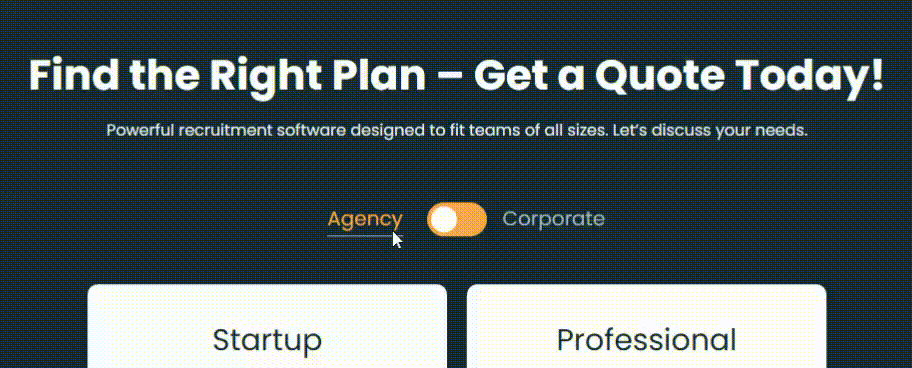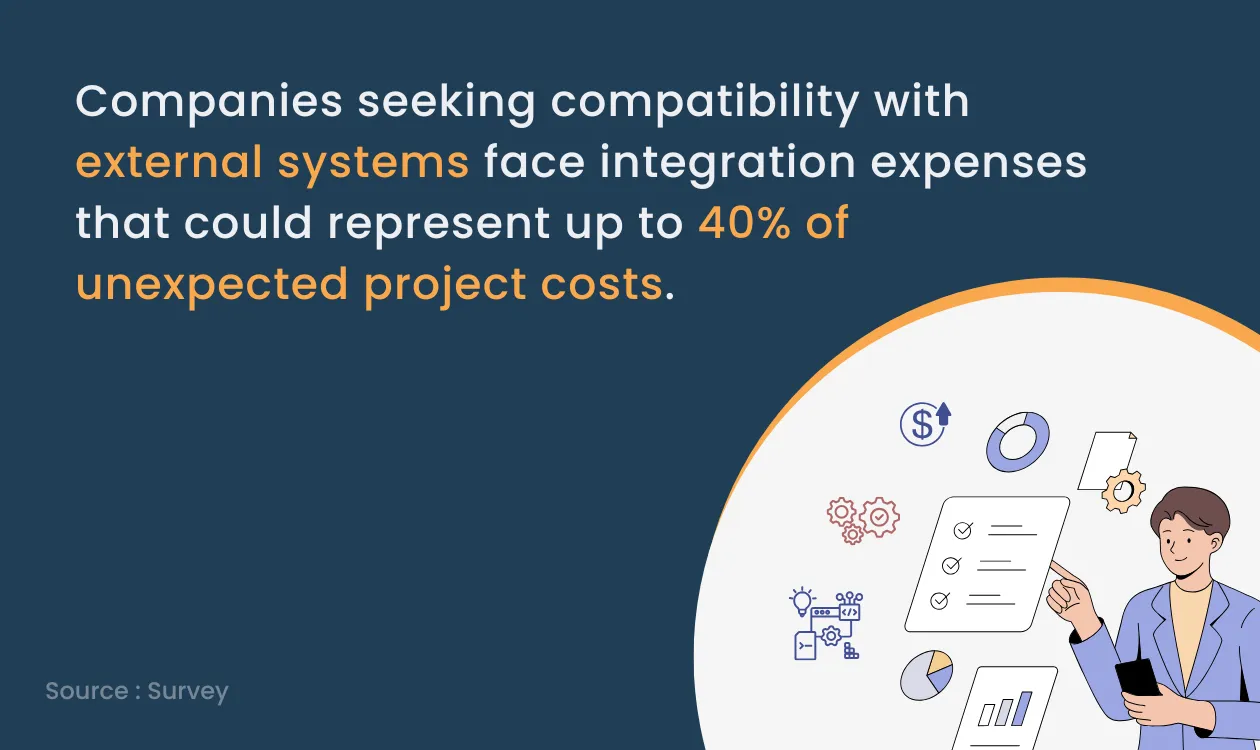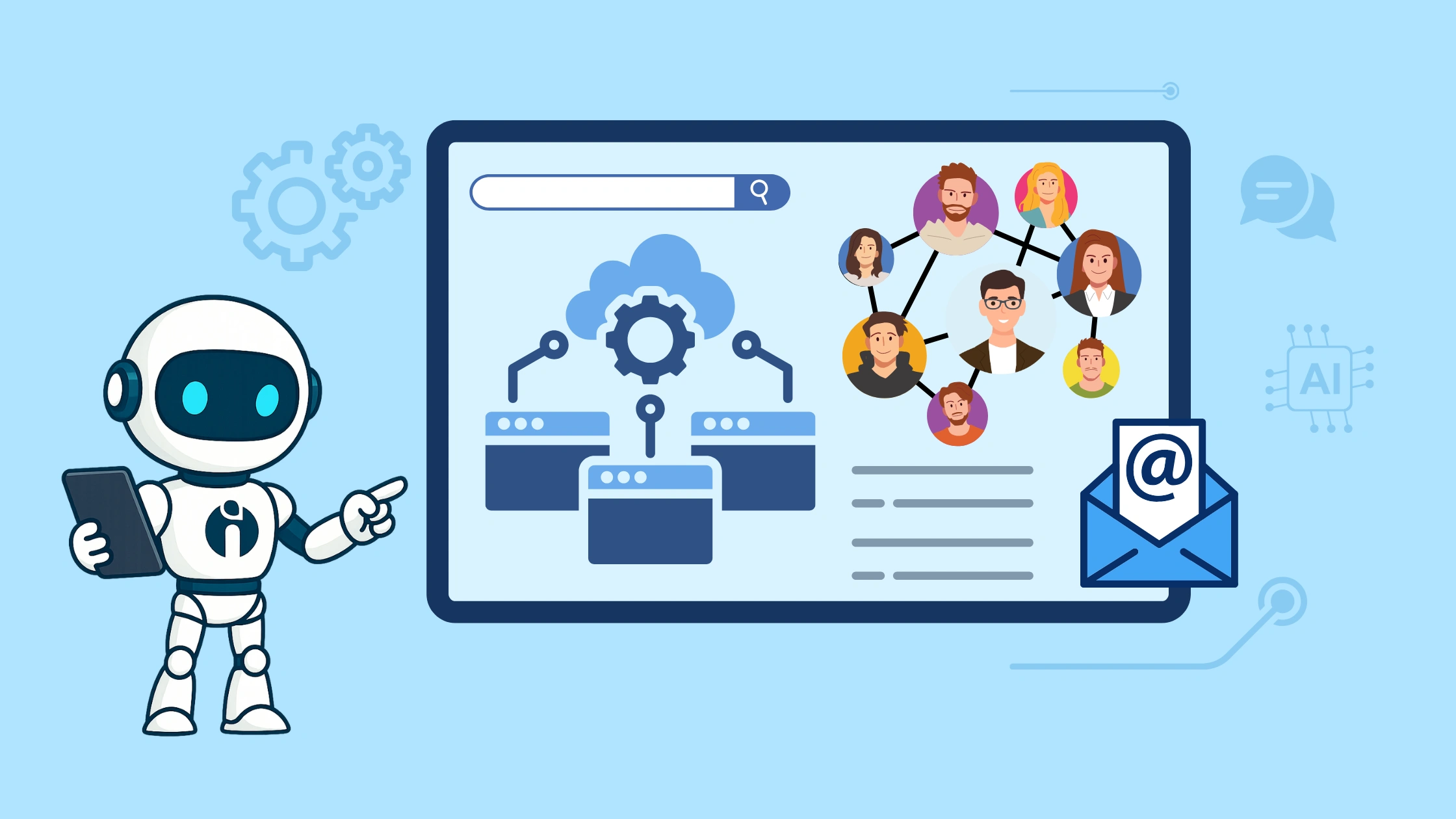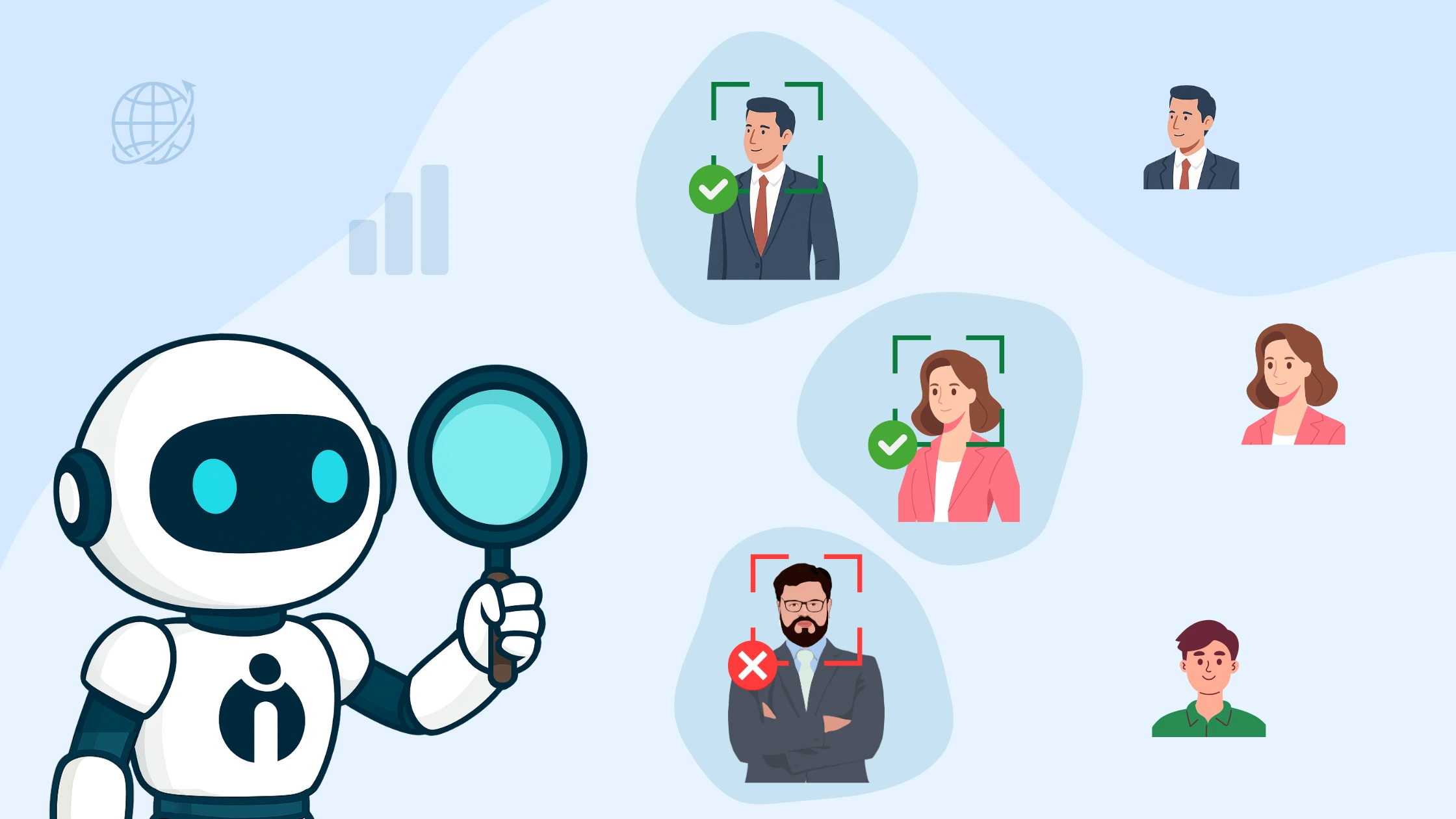TL;DR
- Recruiting CRM pricing varies widely, from $15/user/month to over $1000 for enterprise solutions.
- Common pricing models include per-user, flat fee, tiered plans, usage-based, custom enterprise, freemium, and on-premise options.
- Hidden and additional costs such as implementation, customisation, support, and data migration can significantly impact total cost.
- Select a pricing model based on organisation size, recruitment needs, and budget, considering scalability and feature requirements.
Recruiting CRM pricing models vary significantly across the market, with costs ranging from as little as $15 per user per month for small businesses to over $1,000 monthly for enterprise solutions. If you're considering investing in recruitment software, understanding these diverse pricing structures is essential for making a cost-effective decision.
This comprehensive guide will help you navigate the complexities of recruiting CRM pricing models, identify potential hidden costs, and ultimately select a plan that delivers the best return on your investment. Whether you're a small agency or a large enterprise, choosing the right recruiting CRM pricing model could significantly impact your recruitment efficiency and bottom line.
Why do pricing models matter?
Selecting the appropriate pricing model for your recruiting CRM directly impacts your recruitment budget, scalability options, and ultimately, your hiring success. The pricing structure you choose determines not only your initial investment but also how costs will scale as your organisation grows.

Unlike iSmartrecruit, different recruiting CRM pricing models provide varying levels of flexibility, predictability, and value based on your specific recruitment needs. For instance, per-user pricing offers excellent scalability for growing teams, while flat-rate models provide budget predictability for organisations with stable headcounts.
Furthermore, your choice of recruiting CRM pricing model influences your recruitment team's workflow and priorities.
Breakdown of Popular Pricing Models
Each recruiting CRM pricing model offers distinct advantages depending on your business size, hiring volume, and growth trajectory. Let's explore the most common structures to help you determine which aligns best with your recruitment needs.
Per-user Pricing
Per-user pricing remains the most prevalent model in the recruiting software market, particularly for cloud-based solutions. Under this structure, you pay a fixed monthly or annual fee for each team member requiring system access.
The primary advantage lies in its straightforward scalability. You only pay for what you use. Consequently, smaller recruitment teams or agencies can precisely control costs by limiting access to essential staff.
Flat monthly fee
Unlike per-user pricing, flat fee structures charge a consistent amount regardless of how many team members access the system. This model provides exceptional budgeting predictability since costs remain stable even as your recruitment team grows within predetermined limits.
Flat-fee recruitment agencies typically offer packages with different options based on service levels rather than user counts.
Tiered pricing plans
Tiered pricing divides offerings into distinct packages. It will be commonly labelled as Essential/Basic, Advanced/Professional, and Expert/Enterprise, with each providing progressively more sophisticated features.
Most recruiting CRM providers structure their tiers around the following:
- Feature availability (AI capabilities, analytics depth, automation tools)
- Integration options (Job boards, calendars, communication platforms)
- Support levels (standard vs. dedicated account management)
- Security and compliance features
For instance, Zoho Recruit offers free, standard, professional and enterprise tiers with increasingly advanced features like AI candidate matching, client portals, and custom functions at higher levels.
Usage-based pricing
According to Stripe, usage-based (or consumption-based) pricing has gained significant traction, with nearly 30% of SaaS companies preferring this model in 2023. Rather than charging for user seats, this approach bills based on actual system utilisation, such as active jobs posted, candidates contacted, or storage consumed.
Custom/Enterprise pricing
For larger organisations with complex requirements, custom pricing provides tailored solutions based on specific needs. This approach typically involves direct negotiation with vendors and includes bespoke features like:
- Dedicated account management
- Custom SLAs and support packages
- Specialised security protocols
- Dedicated servers
- White-labelled solutions
Vincere exemplifies this approach with "bespoke pricing plans tailored to fit the size and unique needs of your recruitment agency," ensuring clients never pay for unnecessary extras.
Freemium models
Freemium models combine free basic functionality with premium features available for additional fees. This approach allows you to thoroughly test a system before financial commitment, functioning as an unlimited trial period.
On-premise options
While cloud-based recruiting CRMs dominate the market due to their flexibility and ease of deployment, on-premise solutions remain a viable and sometimes preferred choice for organisations with strict data control, security, or compliance requirements. In this model, the recruiting software is installed and run on your own servers and infrastructure, offering full ownership over your data and system configuration.
On-premise recruitment CRM typically involves a one-time licensing fee, often depending on the size of the organisation, number of users, and required customisations. In addition to the upfront cost, businesses must budget for ongoing IT maintenance, updates, and support, which may either be handled internally or through a vendor’s extended service contract.
Key benefits of on-premise deployment include:
- Data sovereignty: Full control over sensitive candidate and client data, often essential for organisations operating in regulated industries.
- Customisation: Greater flexibility in tailoring the software to fit unique workflows, integrations, or security protocols.
- Offline accessibility: Continued access to critical data and features even when internet connectivity is limited.
On-premise CRMs are best suited for larger, security-conscious enterprises or public sector entities where control and compliance outweigh the need for rapid deployment and external hosting.
Cost Ranges by Business Size
The cost of recruiting CRM software varies dramatically based on your organisation's size and requirements. Pricing typically follows a tiered structure that scales with business complexity and feature needs.
Small business: $15–$75/user/month
Small businesses and startups generally encounter recruiting CRM costs somewhere between $15 and $75 monthly. These entry-level plans provide core functionality, including basic candidate tracking, limited job postings, and simple reporting capabilities. For companies requiring minimal features and just a few users, these affordable options offer sufficient tools to manage recruitment processes effectively.
Features at this tier generally include:
- Basic candidate tracking and management
- Job posting to the standard boards
- Resume keyword scanning
- Simple email integration
- Limited reporting functionality
Medium business: $100–$200/user/month
For mid-sized organisations, recruiting CRM costs typically range from $100 to $200 per user monthly or $300 to $600 for flat-fee arrangements. At this level, software packages include more advanced capabilities beyond basic tracking.
Medium business plans often offer deeper analytics, broader integration capabilities, and automated workflows that enhance recruitment efficiency.
Enterprise: $200–$1,000+/user/month
Enterprise-level recruiting CRM pricing starts at approximately $200 and can exceed $1000 per user monthly, depending on implementation complexity.
These high-tier solutions incorporate advanced features like:
- AI-driven analytics and candidate matching
- Extensive integration capabilities
- Comprehensive reporting suites
- Customisation options for complex workflows
- Dedicated account management
- Custom SLAs and security protocols
Flat-rate examples by company size
Beyond per-user pricing, flat-rate models offer predictable costs regardless of user count, though often with limits on active job postings or candidates.
Notable flat-rate examples include:
- Workable: £78.62 monthly for one active job
- SmartRecruiters: Starting at £7,941.60 annually
- Greenhouse: Enterprise-focused with undisclosed pricing typically exceeding £7,940 annually
- Jobvite: Ranging from approximately £3,176.64 yearly (26-50 employees) to £79,416.01 yearly (2,501-5,000 employees)
Generally, pricing increases proportionately with company size, feature requirements, and customisation needs. Hence, a thorough evaluation of your specific recruitment volume and process complexity remains crucial when selecting the appropriate pricing tier.
Hidden and Additional Costs to Consider
Beyond the shown subscription prices, recruiting CRM solutions often comes with additional expenses that can significantly impact your total investment. Understanding these hidden costs upfront allows for more accurate budgeting and prevents unpleasant financial surprises.
Implementation and onboarding fees
The transition to a new recruiting CRM typically involves one-time setup costs. Implementation fees can range from hundreds to thousands of pounds, depending on complexity. For example, TrackerRMS charges setup fees for additional features implementation like “Job+” that cover initial training and implementation along with their base subscription. Meanwhile, iSmartRecruit has no setup costs or activation costs, and all you need is just the subscription price of your package.
Customisation and Integrations
Tailoring your CRM to specific workflows or connecting it with existing systems often incurs additional charges. Companies seeking compatibility with external systems face integration expenses that could represent up to 40% of unexpected project costs.

Support and maintenance
Ongoing technical assistance represents a significant yet frequently overlooked expense. Annual maintenance typically consumes 15-25% of your total expenditure. Technical support can either be included in your subscription or cost several hundred pounds per user annually. Some vendors charge incrementally for priority support services like 24/7 assistance or live chat.
Data storage and migration
Data migration complexity directly impacts costs, with professional migration services ranging from $1000 to $1500 daily. Importantly, your current supplier might charge substantial fees, potentially thousands, simply to release your existing data.
Training and user adoption
Comprehensive training ensures effective system utilisation but adds to overall expenses. Without proper adoption strategies, these costs multiply as teams struggle with the new system.
Overages and third-party services
Exceeding package limits incur additional fees. Common overages include surpassing user counts, job postings, or storage allocation. Third-party services like background checks, candidate assessments, and job board integrations also add supplementary costs, potentially ranging from $30 to $100 monthly, depending on integration complexity.
How to Choose the Right Recruiting CRM
Choosing the right recruitment software and maximising the return on your recruiting CRM investment requires a systematic approach that begins well before purchase. By following these proven steps, you can ensure your system delivers real value while avoiding costly implementation mistakes.

Define your hiring challenges
Start by thoroughly documenting your current recruitment bottlenecks and pain points. Review your entire recruiting workflow, noting activities recruiters must perform daily and where automation could help. Identify specific issues causing wasted time, poor candidate experiences, or missed opportunities. Subsequently, determine what business outcomes you hope to achieve with recruiting CRM; it can be anything like reducing time-to-fill, improving candidate quality, etc.
Shortlist based on features and budget
Create a wishlist of essential capabilities that will address your specific challenges. Evaluate which key features are "must-haves" versus "nice-to-haves" to streamline your selection process. Afterwards, establish a realistic budget that accounts for both initial implementation costs and ongoing fees.
Request demos and trials
You can book a demo with your shortlisted providers to see their platforms in action. Many vendors offer free online demos crafted to your specific requirements. Alternatively, select providers like iSmartRecruit that offer free trials that allow hands-on testing. During demos, involve at least one recruiter who will use the system daily to gather practical feedback.
Track key recruitment metrics post-implementation
Measure success through key performance indicators like time-to-fill, cost-per-hire, and response rates. According to industry data, CRM implementation can reduce time-to-fill by 15% and increase placements by 10% monthly.
Conclusion
Selecting the right recruiting CRM pricing model requires careful consideration of your organisation's unique requirements, budget constraints, and growth trajectory. The diversity of pricing structures ranges from per-user models to freemium options that not only provide flexibility but also demand thorough evaluation. Therefore, taking time to assess your recruitment challenges before committing to any solution will save substantial costs in the long term.
The ideal recruiting CRM balances cost-effectiveness with the specific features your team requires. Your chosen recruiting CRM pricing model should align with how your recruitment team operates. Before jumping to the final decision, you may explore everything about the recruiting CRM in our detailed guide.
The most sophisticated system delivers little value without thorough training and consistent usage. Make sure to regularly track recruitment metrics against your initial goals to quantify the actual value your CRM provides. You should explore platforms like iSmartRecruit to see how its transparent pricing structure offers a balance of features and affordability that meets your recruitment operation's needs.
FAQs - Frequently Asked Questions
What factors influence recruiting CRM pricing?
Recruiting CRM pricing depends on user count, feature complexity, deployment type like cloud or on-premise, and support level. iSmartRecruit offers transparent plans helping you balance cost and capabilities effectively.
Are there hidden costs beyond subscription fees?
Yes, costs such as implementation, customisation, training, and data migration often add up. Knowing these helps avoid surprises and plan your budget realistically with solutions like iSmartRecruit.
Which pricing model suits small businesses best?
Small businesses typically benefit from per-user or flat monthly fee models that offer affordability and scalability. iSmartRecruit’s pricing is designed to support growing teams with flexible options.
How does on-premise pricing differ?
On-premise CRMs usually involve a one-time licence fee plus maintenance costs. They provide control and security but need more upfront investment compared to cloud-based plans like iSmartRecruit’s.
Can I try recruiting CRM before purchasing?
Many providers, including iSmartRecruit, offer free trials or demos. These let you evaluate features and ease of use to ensure a good fit before committing financially.








.webp.dat)






